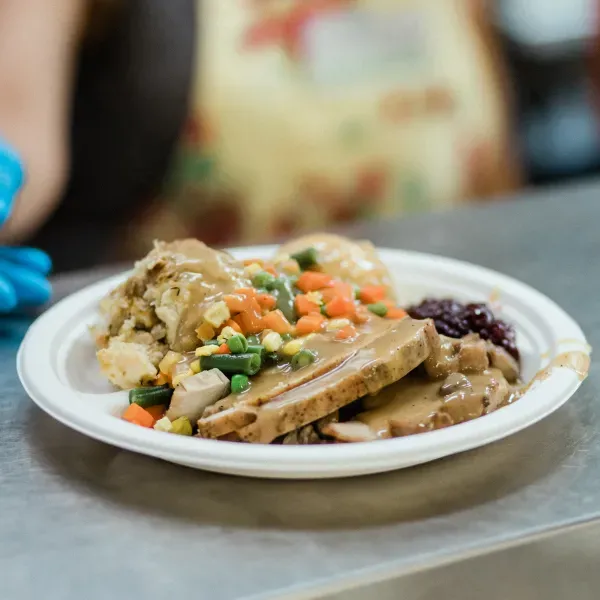We’re all familiar with doorways. We walk through them on a daily basis. From apartment vestibules to office entryways, car doors to school gates, we cross multiple thresholds as we go about our work, our rest, and our play.
A doorway is also symbolic. Open doors mean access, forward motion, welcome. For people who are working to overcome the very real obstacles of poverty, homelessness, and addiction, an open door can be the difference between struggle and stability.
This year, you’ve been keeping doors open for people in your community. In this 2022-2023 Annual Report, cross the doorstep with us into what’s possible when we unlock new entryways to hope — and build doorways where there weren’t any before.
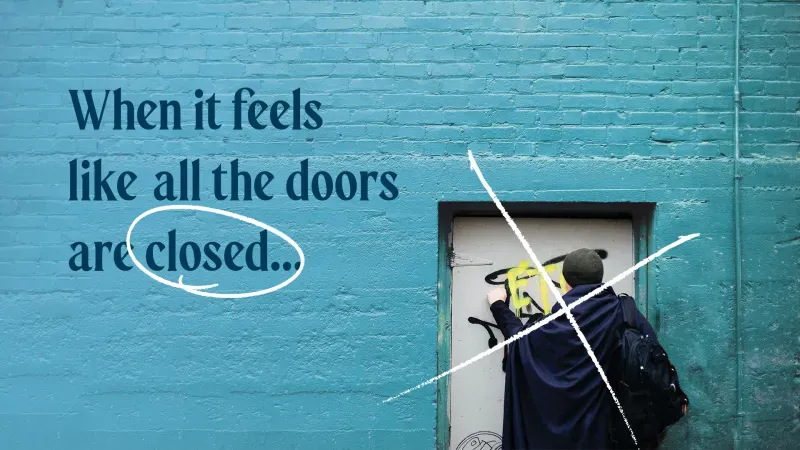
Stepping out of poverty, homelessness, and addiction is not as simple as choosing the right door. It can often feel more like trying to find a door in a hurricane. Or a labyrinth.
When people are facing very real struggles, they knock on a lot of doors. And while some of those doors remain closed, some of them open for a moment — before snapping shut.
It’s hard to apply for ID without a fixed address.
It’s hard to land a job interview without recent experience.
It’s hard to look professional at an interview if you don’t have access to laundry or a shower.
It’s hard to pay rising rents when you’re on a fixed income.
It’s hard to afford groceries when prices keep inflating.
It’s hard to enter recovery programming when you’re a single parent.
It’s hard to know where to turn to.
It’s hard to ask for help.
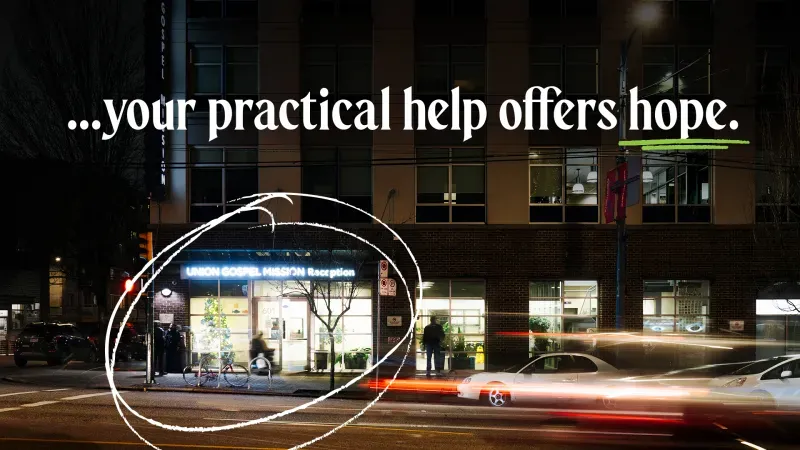
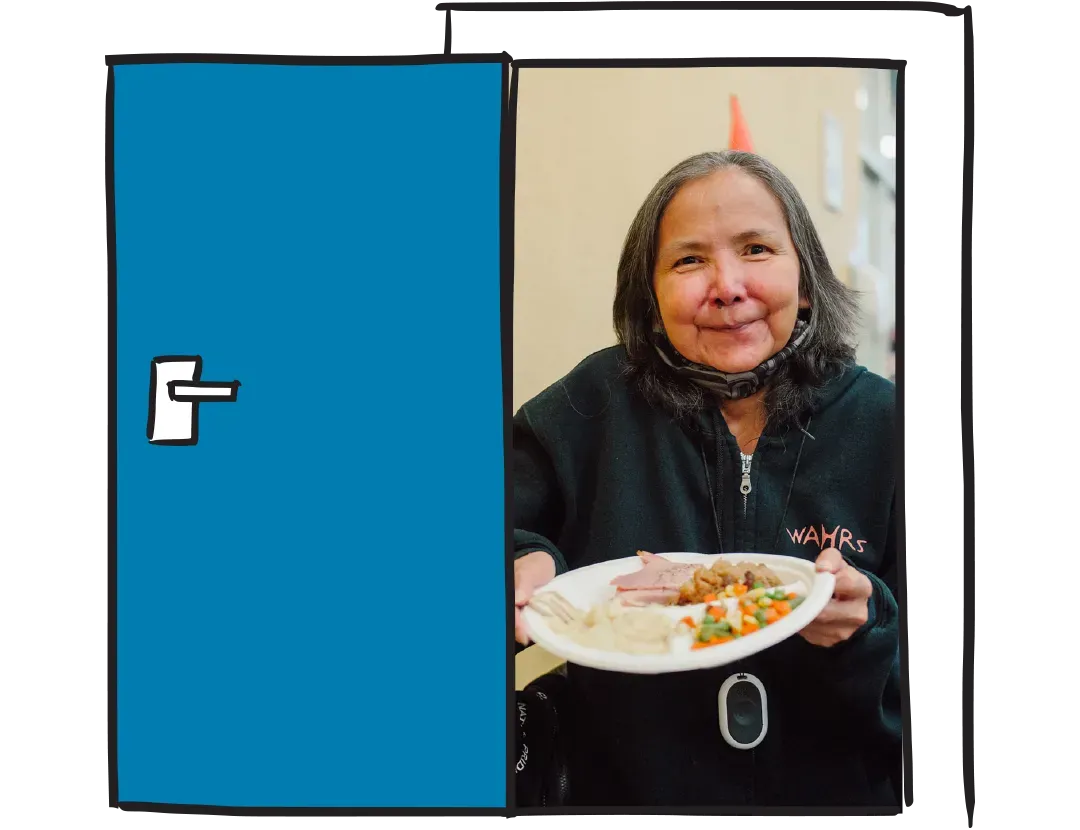

Every time someone sits down at a meal at UGM, they’re in a place that’s full of potential. Along with having their immediate needs met, people who eat at UGM have the opportunity to connect with their neighbours, experience the welcoming love of God, and talk to staff about next steps in their journeys. A meal can be a doorway to transformation.

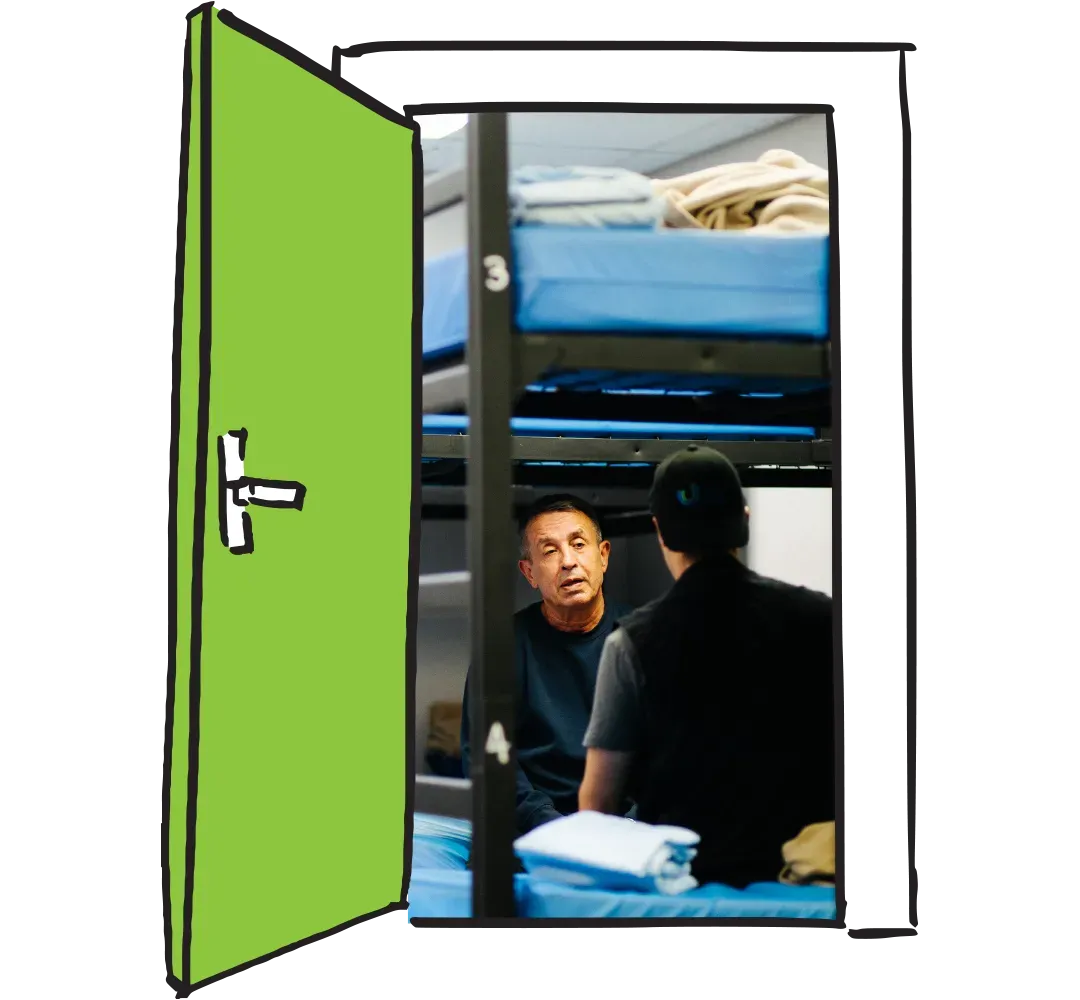

People without a safe place to sleep need — quite literally — an open door. You’ve kept the door to safety open, as people come in from insecure and dangerous sleeping situations to experience warmth and shelter — a tangible expression of God’s care for their needs.

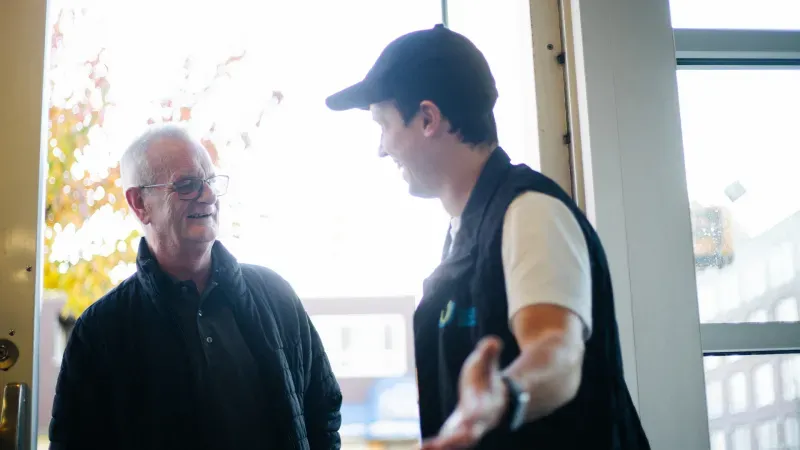
Ed’s Story
Ed is a world traveller. He’s skied in Austria and explored Vietnam, toured Europe more than once, and he’s recently completed a trip to The Netherlands. He’s thinking about taking up the harmonica — an instrument that’s easy to pack.
When he’s not travelling, Ed is taking life one day at a time. One of five children, he’s often in touch with his sisters, who recently asked him how he can afford his trips around the globe. “I told them, ‘Well, I’m not drinking or doing drugs anymore,’” he says. “My money’s going to the things I really enjoy. Recovery has given me back my travel bug.”
It wasn’t long ago that Ed was unable to plan big trips. He started spending time in bars in his early 20s, and his initial experiences with drugs and alcohol were as part of a group. “I got interested in cocaine as something for celebrations,” he recalls. “Addiction is social at first, but then all of the sudden, you’re sort of imploding. You push all your family, all your friends out. You’re just stuck with yourself.”
Ed managed to work into his late 30s, but his cocaine use began to disrupt his ability to hold a job. He asked for help at work, but after several chances, he was let go, and he spent the next 10 years living in and around the Downtown Eastside. It was here he entered recovery programming for the first time. “My first treatment center experience was way back in 1997,” he says. “And then in 2000, I went to Harbour Light. I did that twice. I've done quite a few recovery centres. That's my story.”
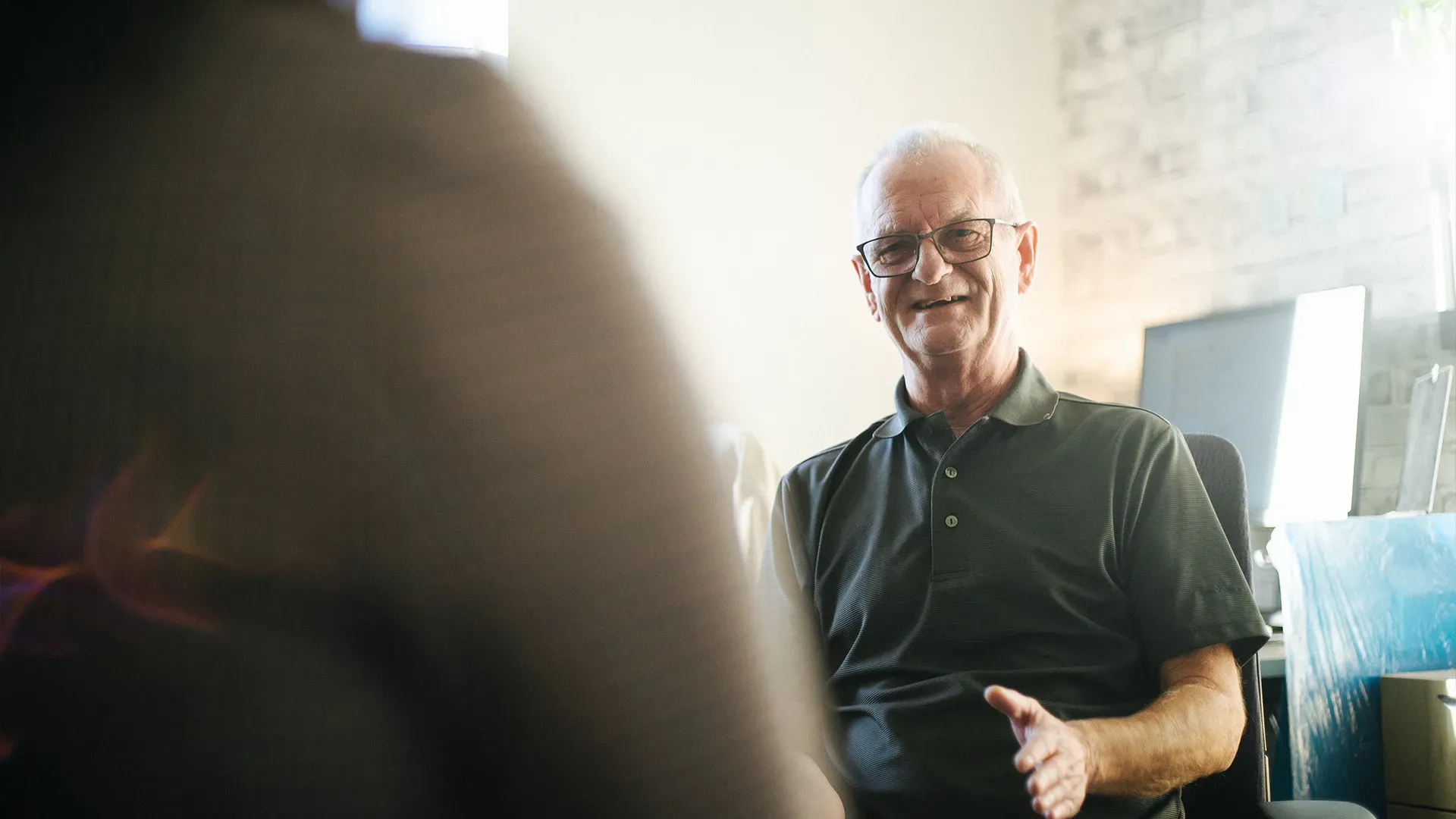
Ed is a familiar face at UGM’s recovery programming too, and he’s open about the humility it takes to try the same door more than once. “This is my third time at UGM, and when I came to talk to them, I thought ‘They’ll probably just laugh at me.’ But they invited me right in. I’m glad I stayed: I’m slowing down and taking my time. I’m a volunteer now, and it’s giving me a purpose. I'm going in the right direction, I know that.”
Raised Catholic, Ed has also recovered some of his faith foundations during his time at UGM. “It’s a great community here,” he says. “They brought God back into my life. It’s awesome, because it’s what I was missing: it’s filled that void, and I’m back into daily meditations and prayer. It calms me down. My mind isn’t racing anymore.”
Already packing his bags for his next trip, Ed has discovered the joy in holding doors open for others. “I try to relay that message to the guys that are here: come back. That’s what I said to myself, too: ‘I can give myself one more chance. Don't give up yet.’ I just kept coming back. Thank God.”
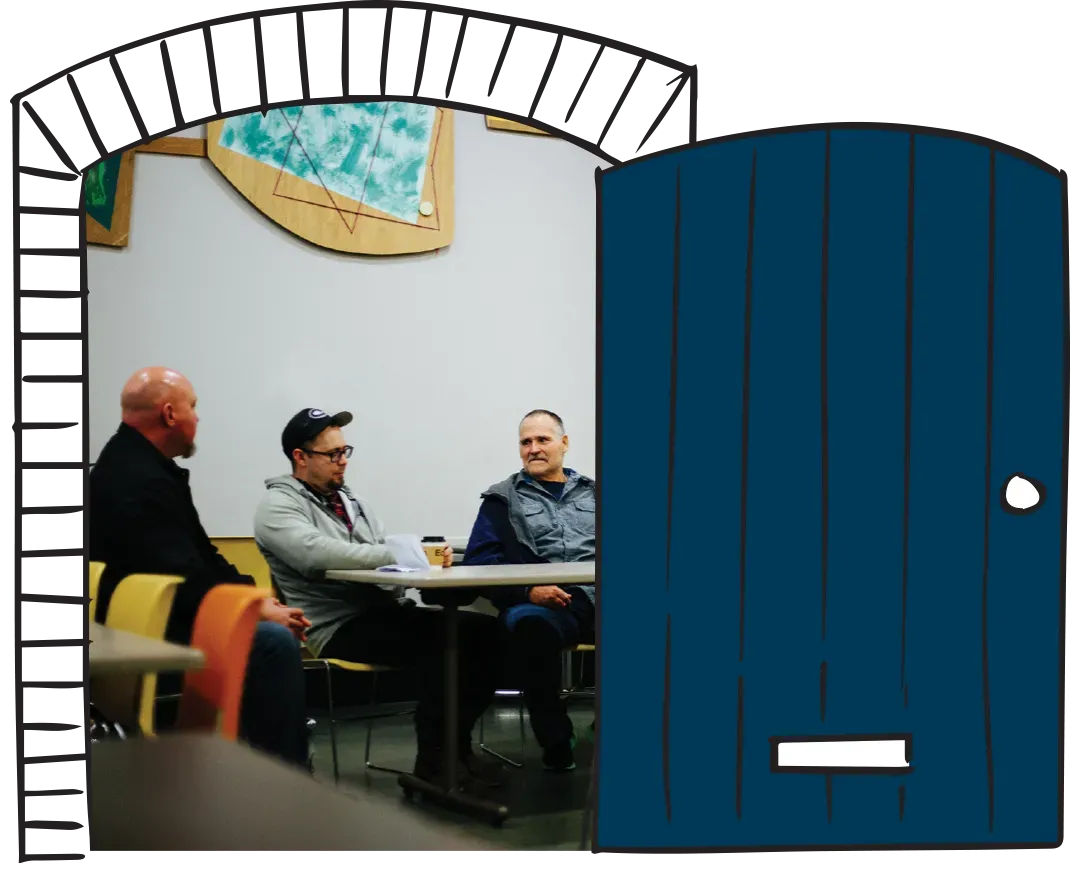

One of the most common hurdles to people entering recovery is shame: fear and uncertainty can act as closed doors. But when people can connect with supportive, holistic recovery programming at the moment they’re ready to make a change — miracles can take place.

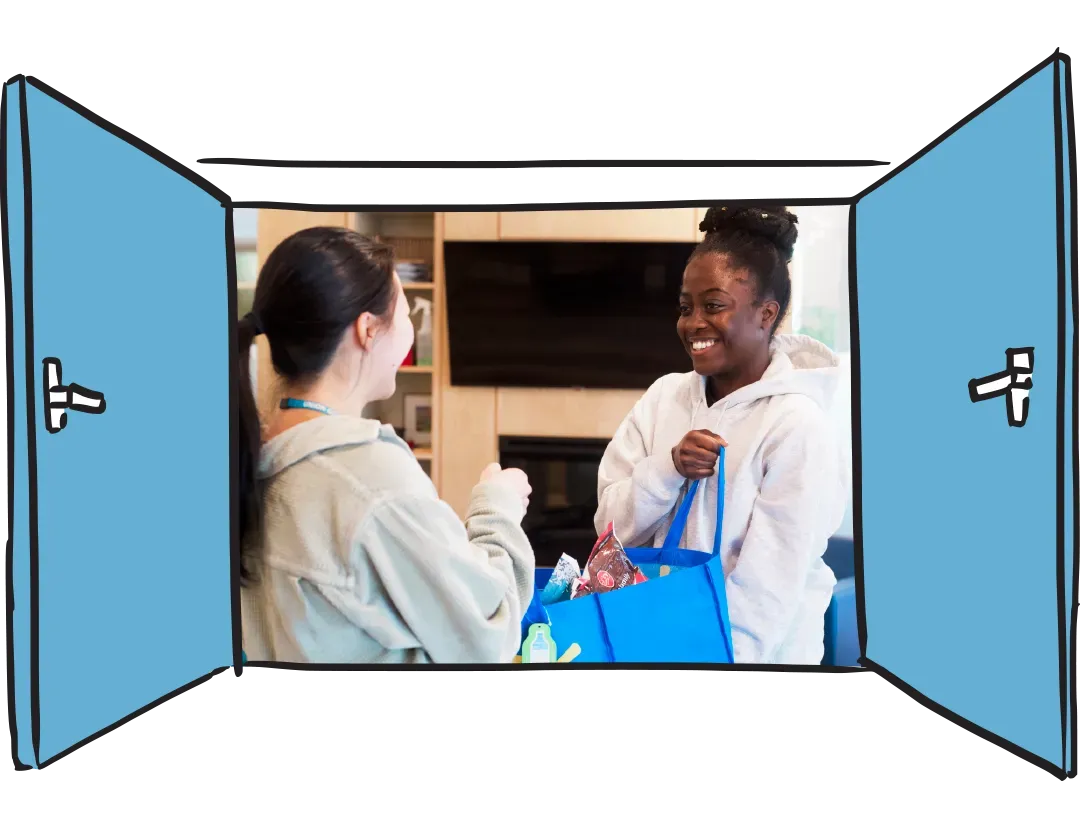

Your help goes beyond daily food relief. Thanks to your generosity, more families than ever before have received hampers of groceries and household basics throughout the year — and seasonal gifts to get them through the winter months.
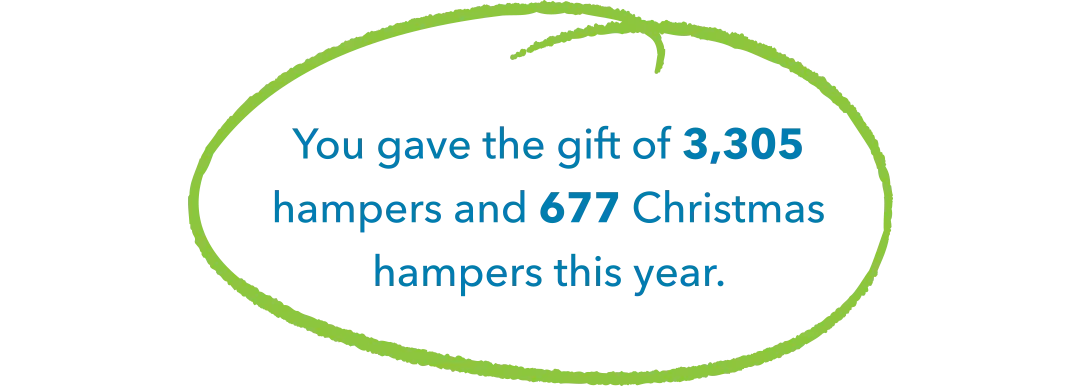
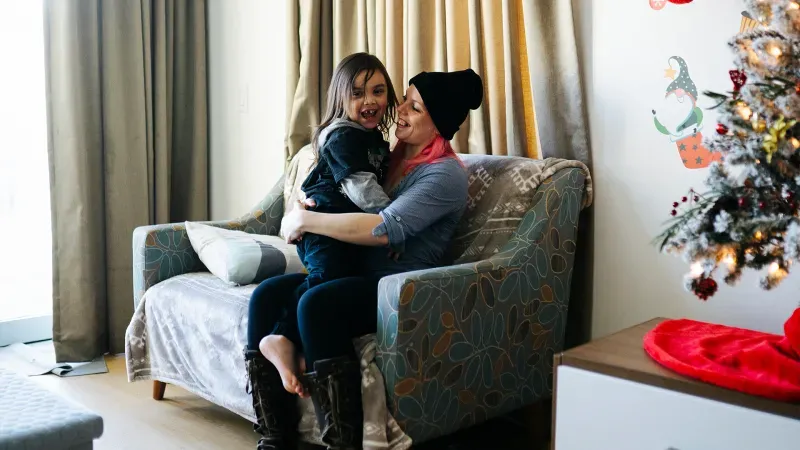
Joanne’s Story
Joanne is the kind of person who considers her words, and speaks with authority from her own experiences. When we sit down together, she’s in the early days of a new season: she’s recently been reunited with her two older sons after 18 months apart. In the background of our conversation, her youngest, eight-month-old Arthur plays with a bin full of blocks, spreading them across the floor and chasing them by scooching on his stomach. His face lights up whenever someone near him smiles.
Joanne’s living in a season of recovery and open doors after several years of disrupted mental health. Her start in life was rocky: her mother passed away when Joanne was four, and her father struggled with a harmful substance use disorder, sometimes leaving Joanne and her older sister to order pizza and fend for themselves for days at a time. The girls were often looked after on weekends by her daycare provider, who became a friend and provided Joanne and her sister some stability.
It’s this kind of chosen family that Joanne is experiencing again now, as a mom of three. “Between UGM and Sheway, I have this overabundance of protection and support and encouragement,” she says. “Arthur has grown up around so many people who love him. And it's really opened up my world to the whole ‘it takes a village’ thing. I appreciate the community I have here so much.”
Joanne became dependent on cocaine and methamphetamines in her late 20s, and the 18 months without her older sons, Silas and Adam, were some of the hardest of her life. “I voluntarily put my kids into care. I couldn’t keep them safe anymore, I wasn’t healthy,” she says. “But after my kids went into care, I got really depressed. I was on the street for about 10 months.”
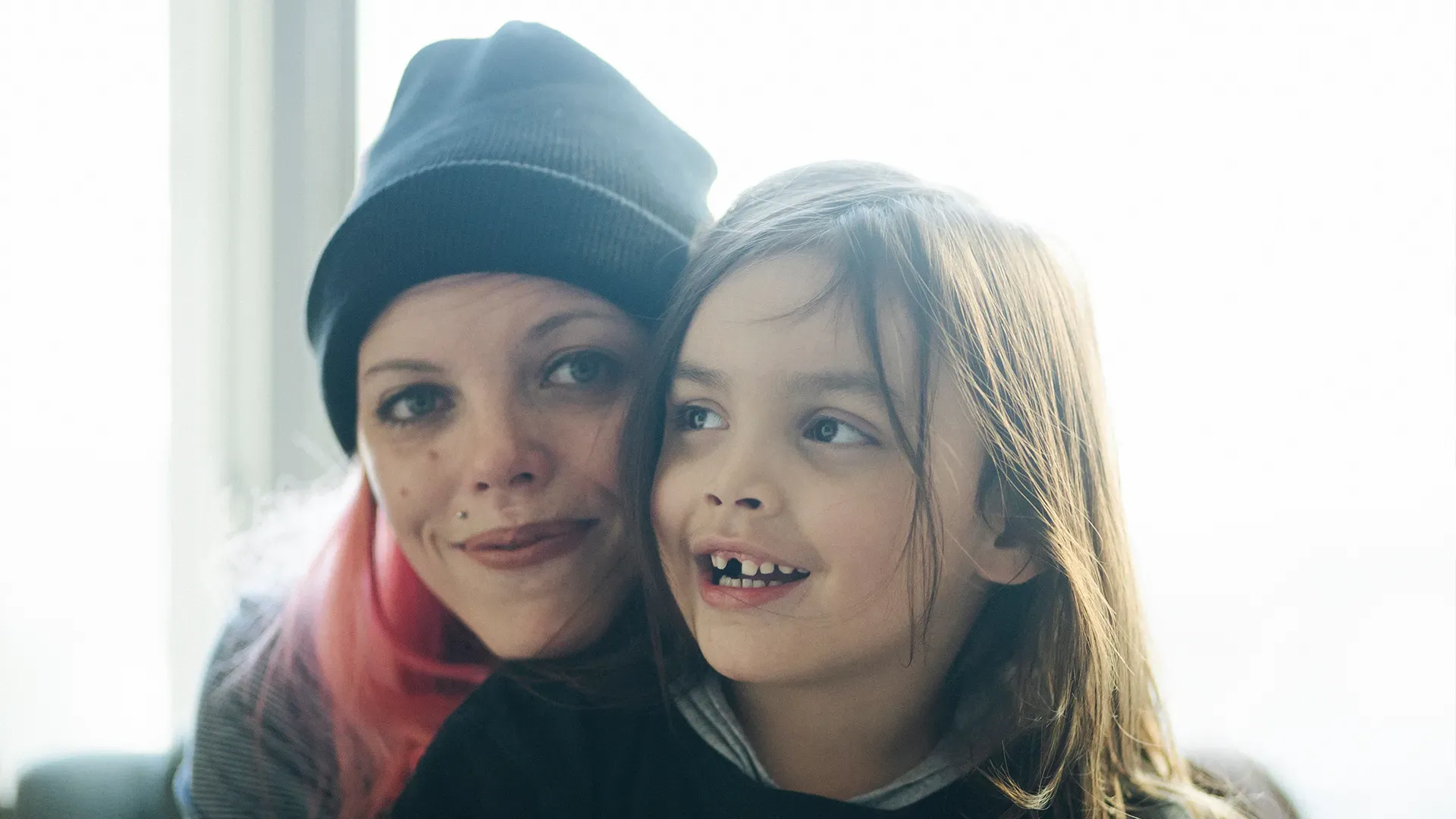
During her time experiencing homelessness, Joanne was sexually assaulted. Pregnant and unhoused, it was when she delivered Arthur at St. Paul’s Hospital that she was invited to try a different doorway. “The team there really encouraged me. They believed in me, and wanted to see me healthy.” The staff sent out an application for The Sanctuary Supportive Recovery & Family Program. Joanne and Arthur arrived at UGM in March of 2023; Silas and Adam came to live with her in October. The family is now living independently in their own three-bedroom apartment as part of The Sanctuary Transitional Housing Program.
Caring for three boys under the age of five is no small feat, but Joanne loves being present for their milestones. “I get to see their growth,” she says. “They get excited because they see a bird fly by: everything’s incredible to them. It’s the routine stuff I really appreciate.” She also has a passion for helping other women who find themselves pregnant while in active addiction. She knows firsthand the stigma that women can face, and the need for safety and support.
Joanne’s road hasn’t been an easy one, but for now, she’s home. “Our suite is gorgeous. We have the best view: we face this building with a slogan painted on it. It says ‘You Made It.’ I have no idea how I made it this far; I shouldn't have. But we're here, and we keep pushing. Each day gets better.”
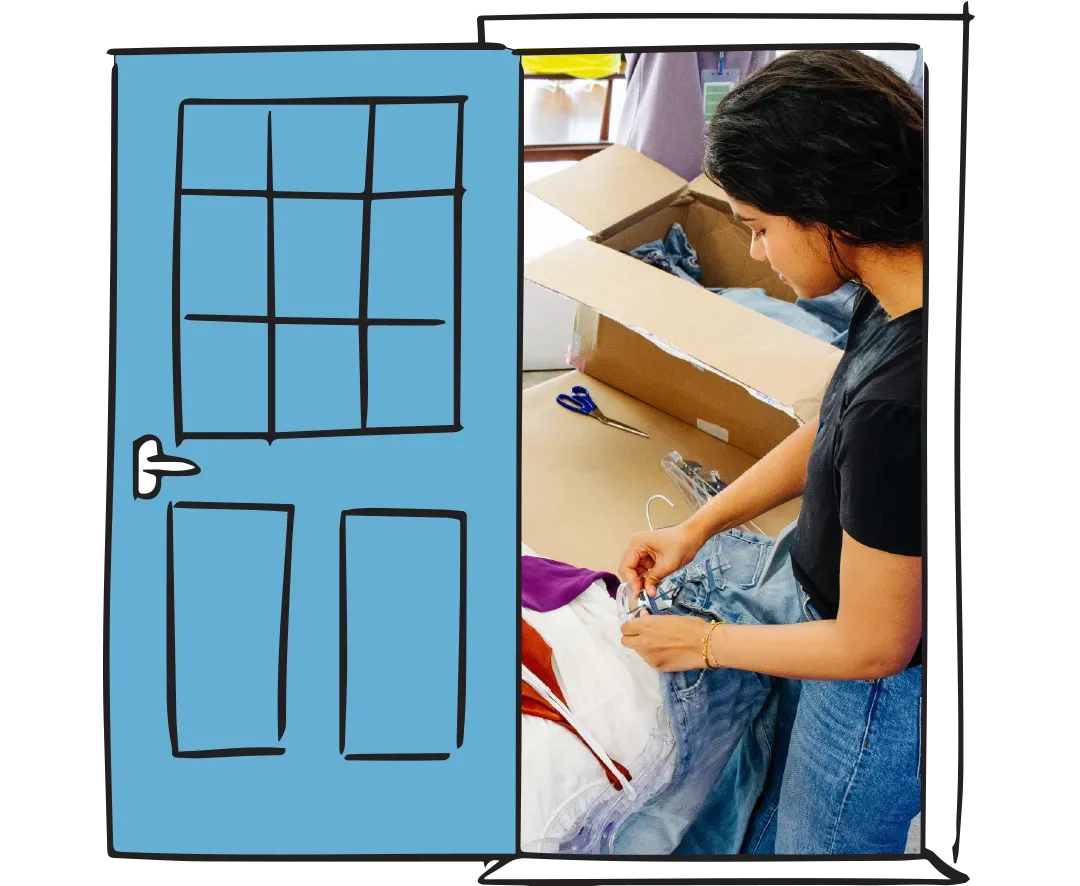

As people rebuild their lives, access to rewarding work allows them to re-engage and give back. Through tuition scholarships, career development, and dynamic internships, people in your community are developing their skills and uncovering their God-given talents.

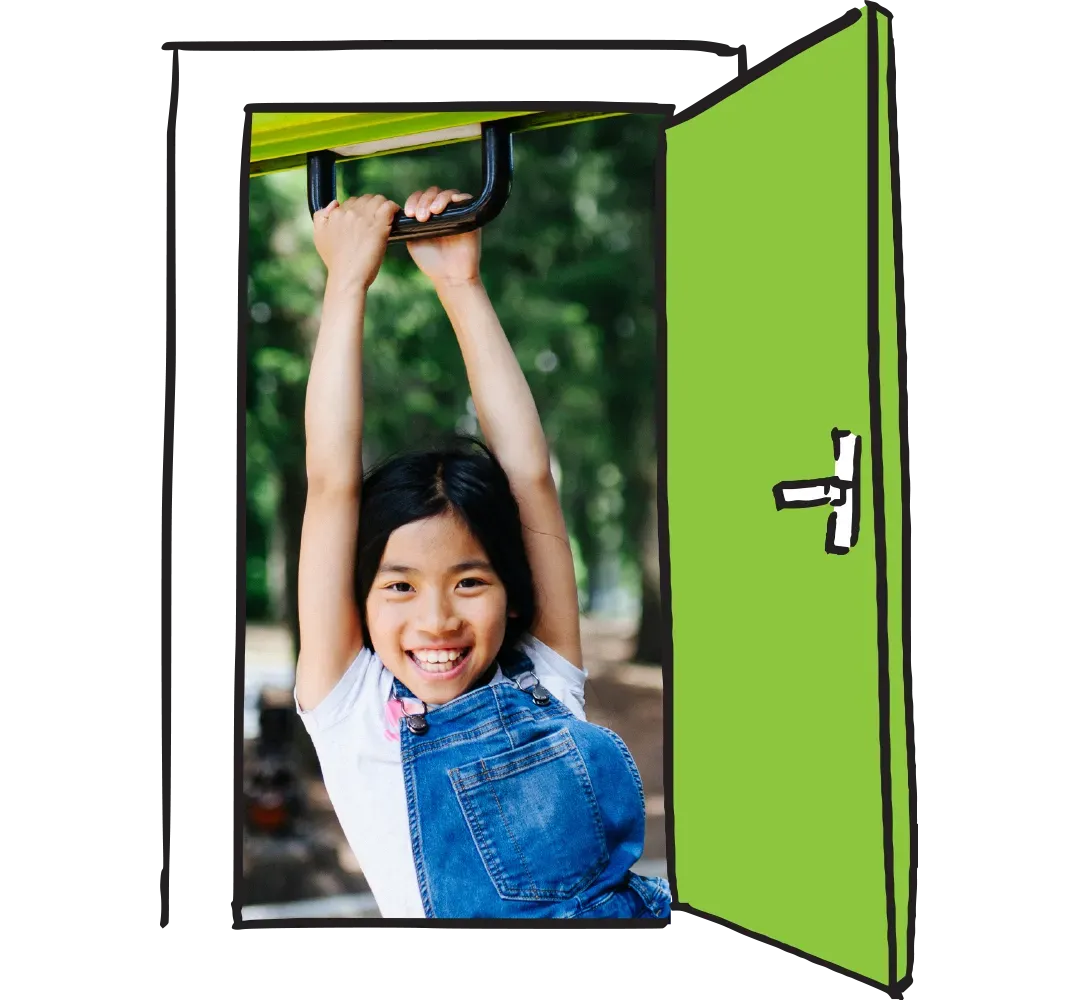

As families experience poverty and housing precarity, kids often go without. That’s why encouraging after-school programming and visits to summer camp are so vital in giving kids a chance to be kids.
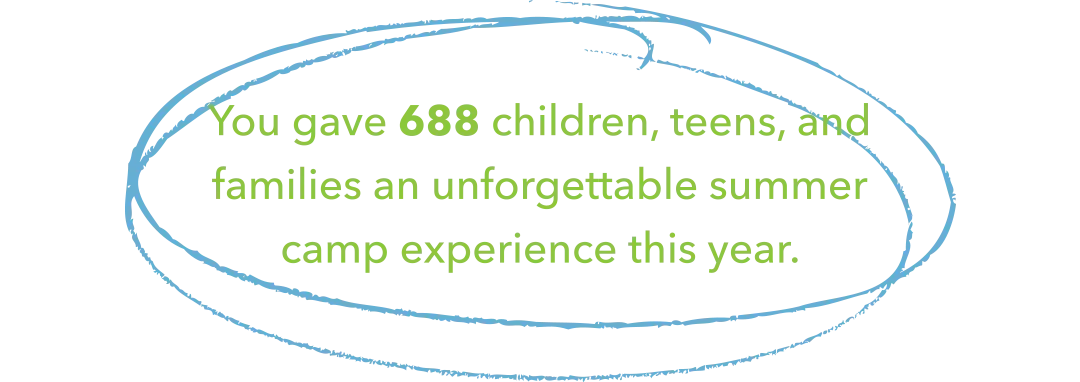
2022–2023 Year in Review
In response to rising needs, you kept doors open for people in your community this year.
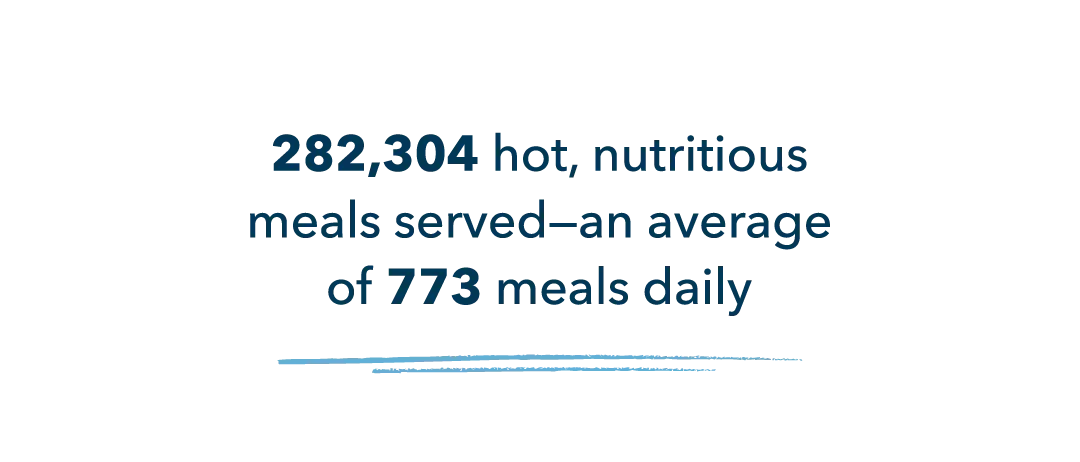
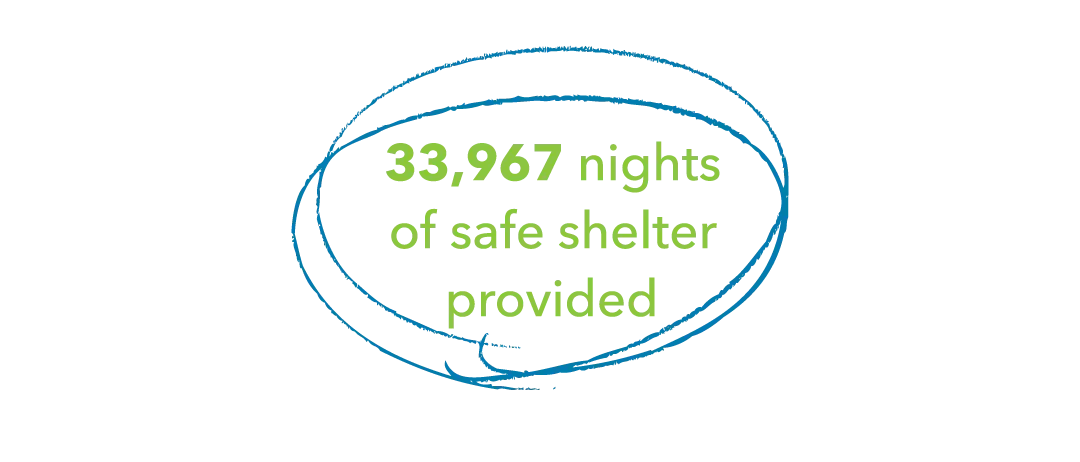
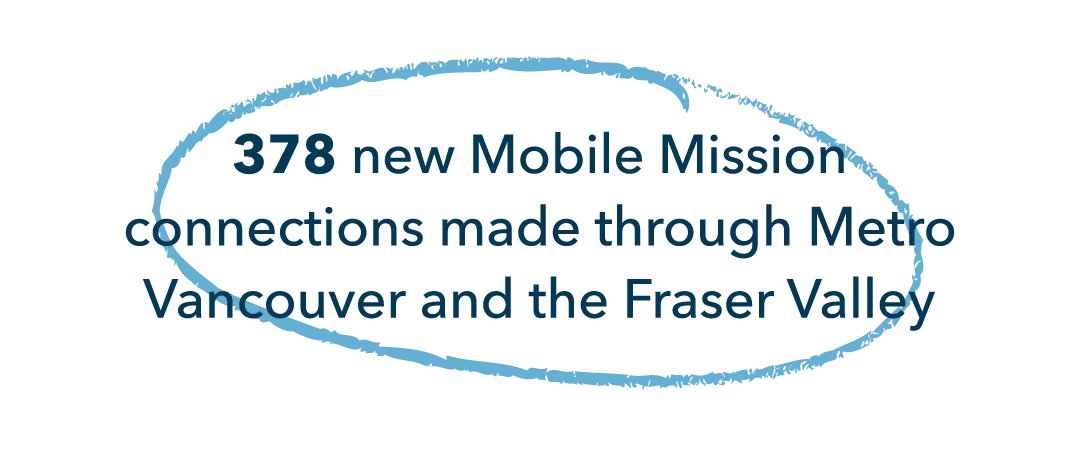
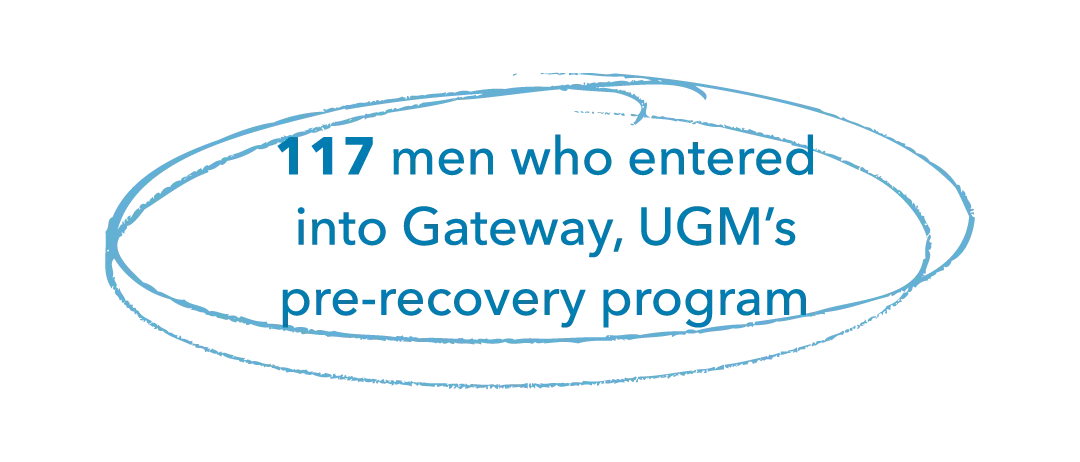
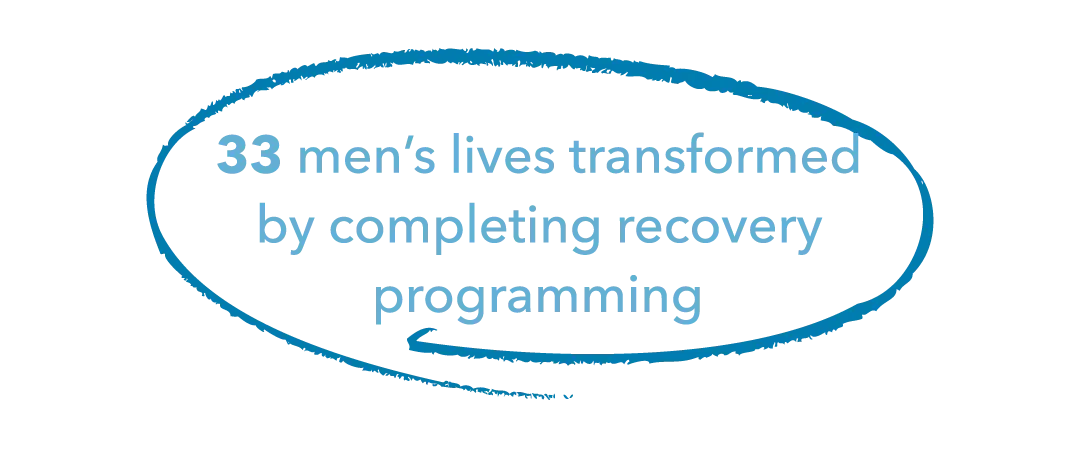
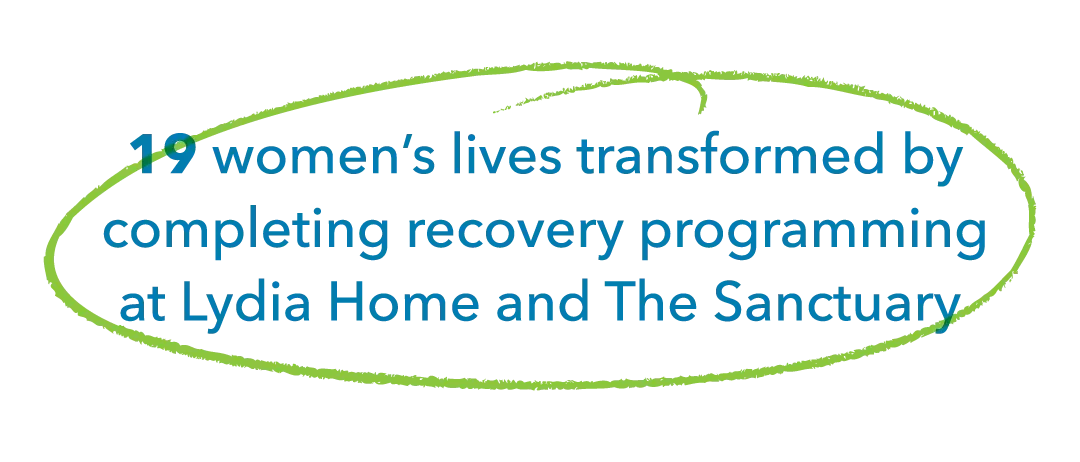
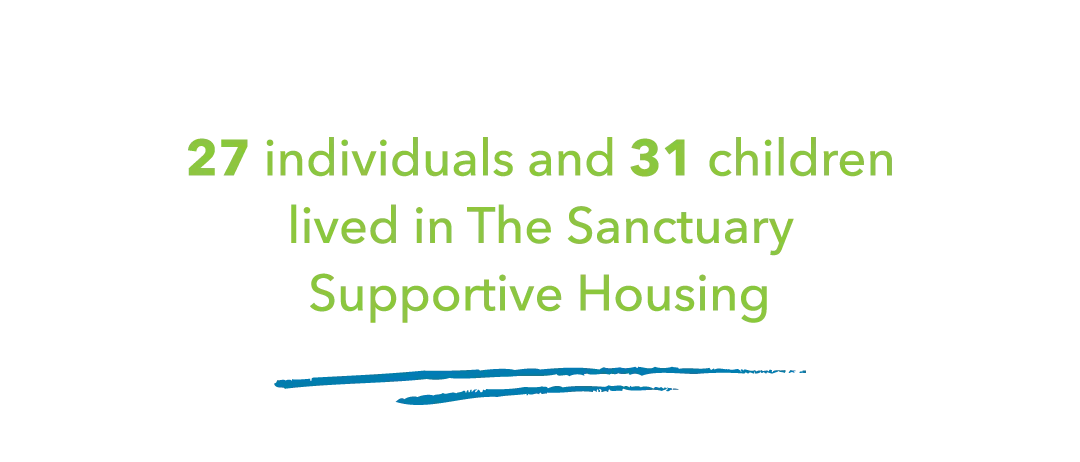
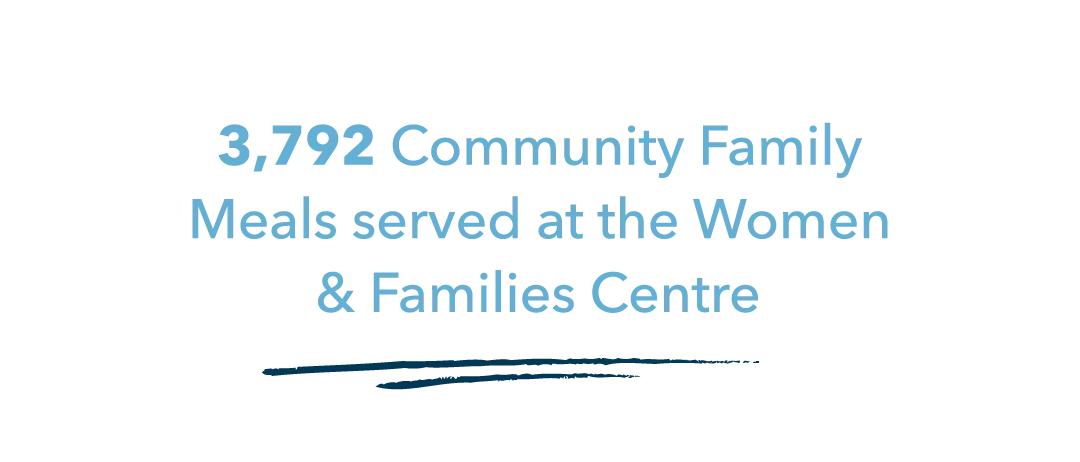
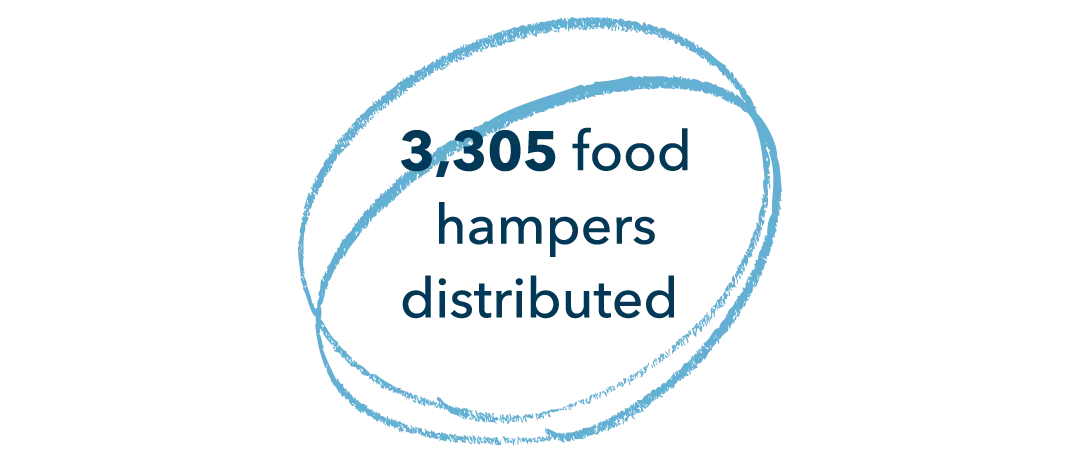
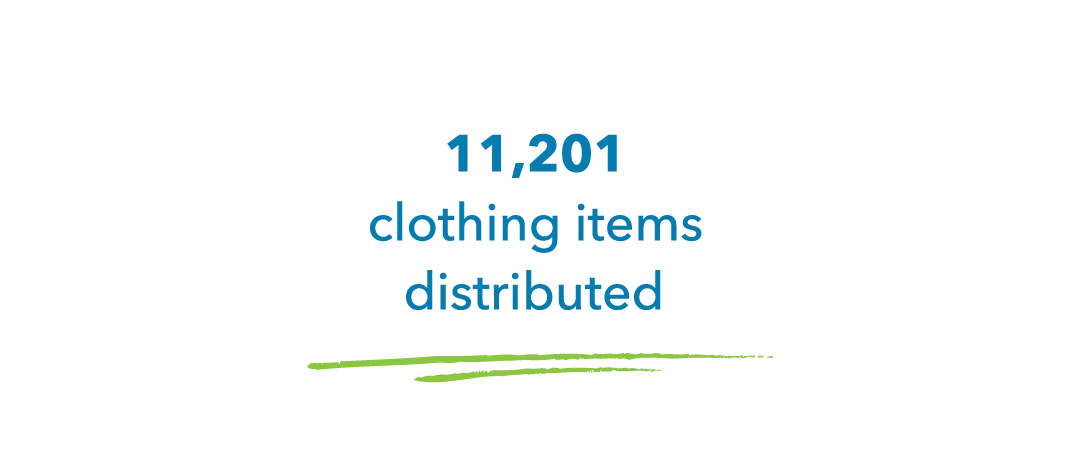
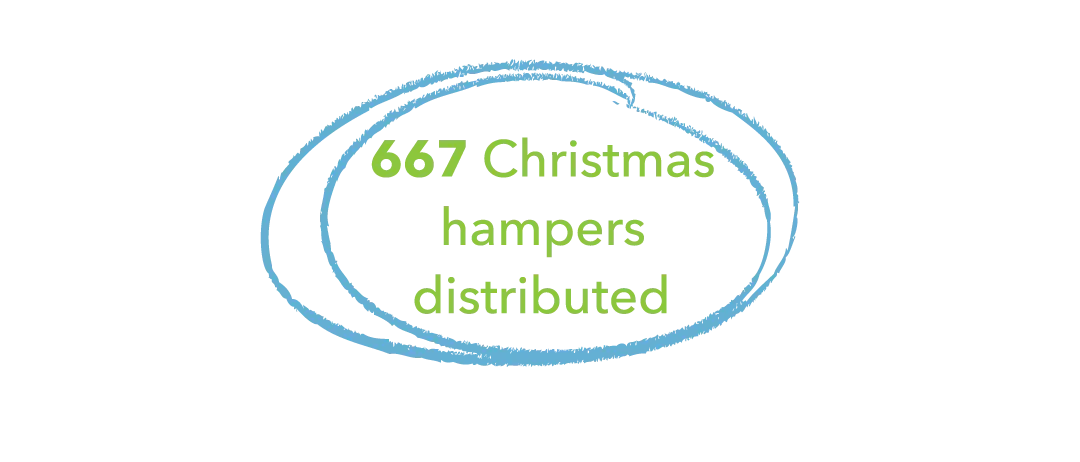
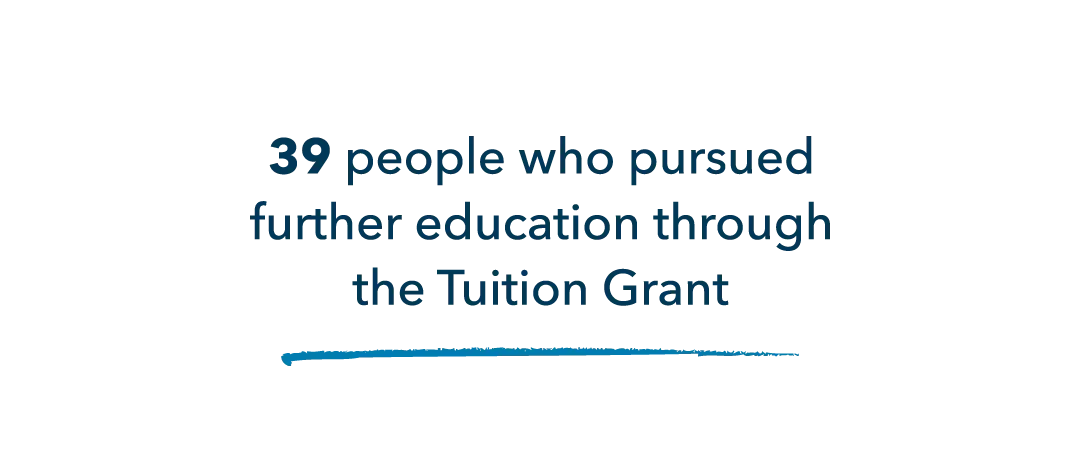
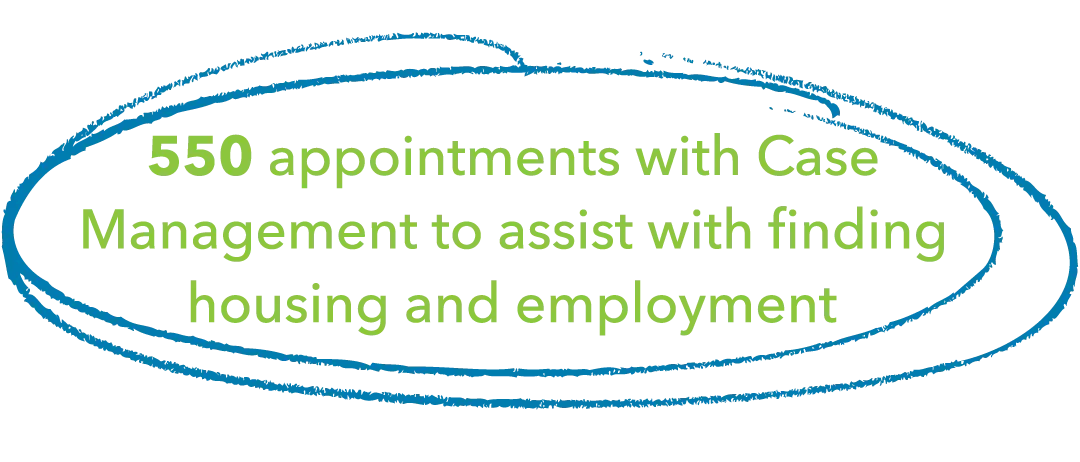
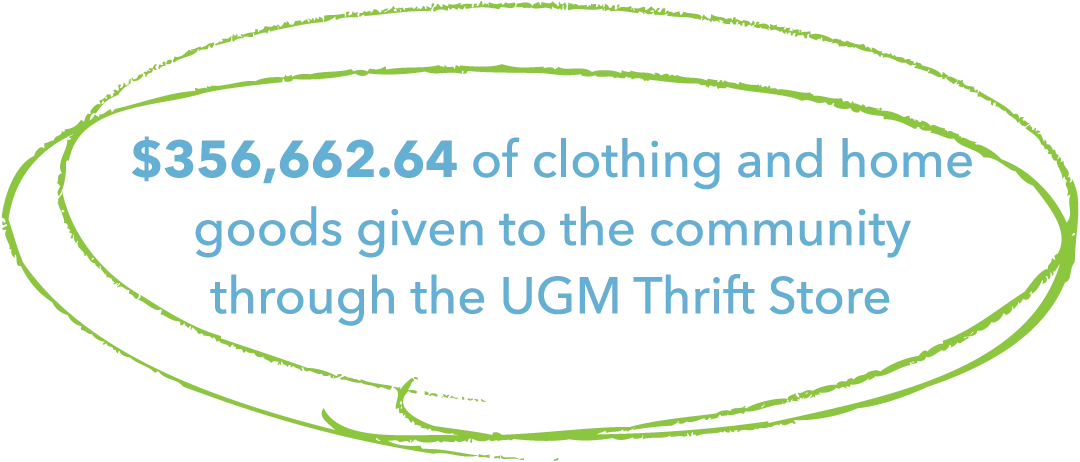
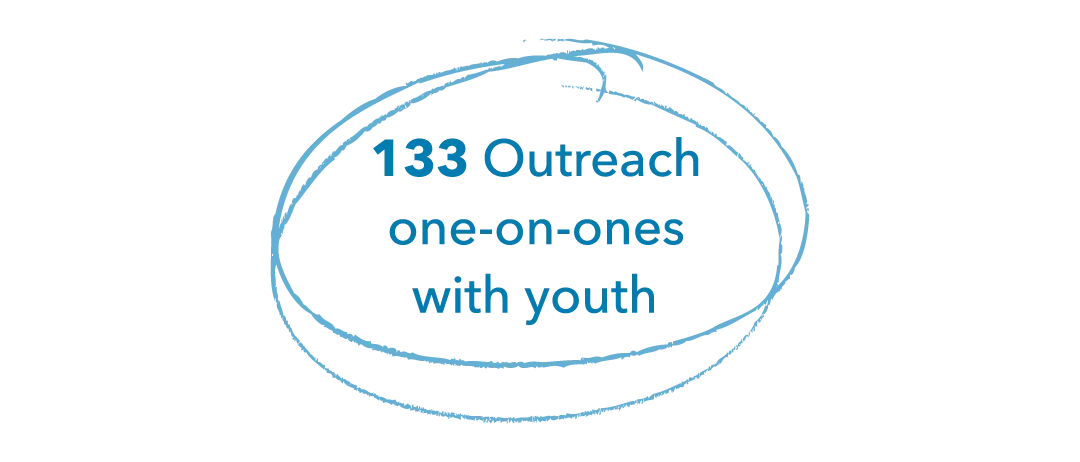
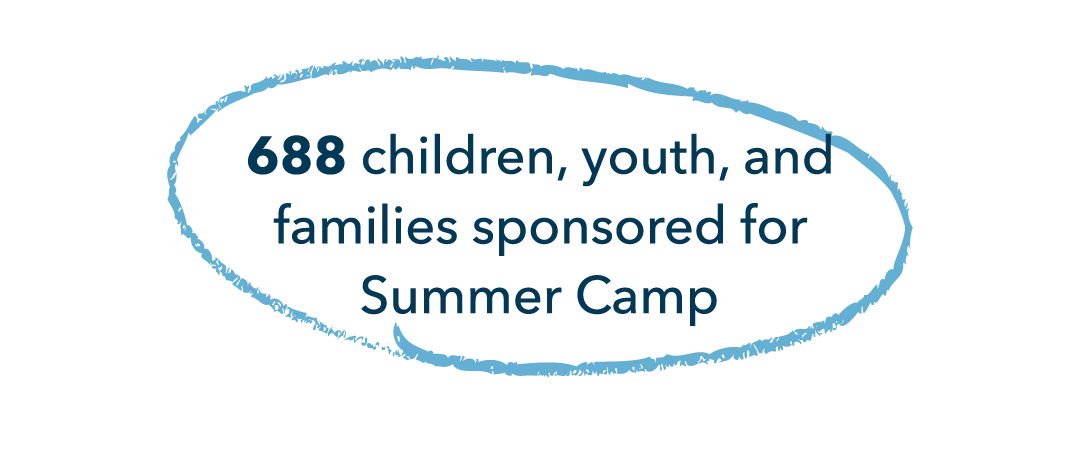
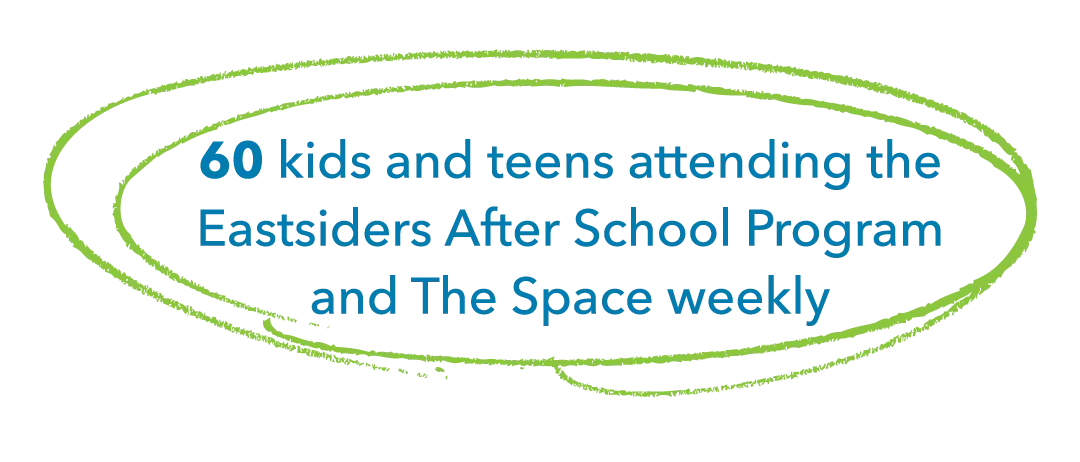
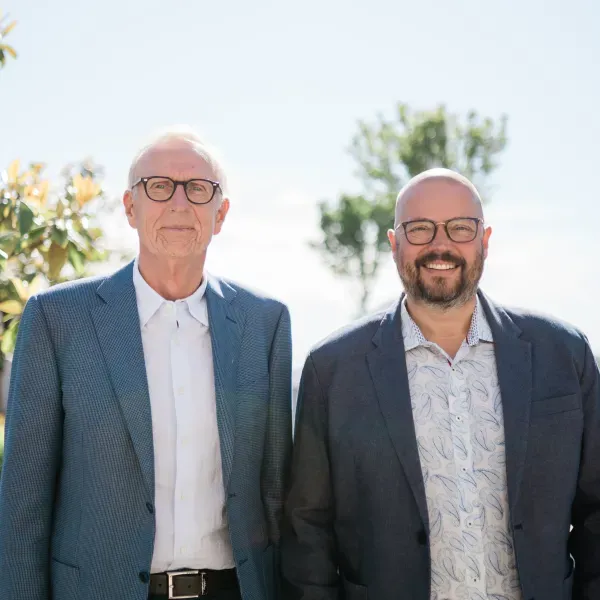
President and Board Chairperson's Message
This year, we’re celebrating your commitment to keeping doors open and transforming communities, one life at a time.
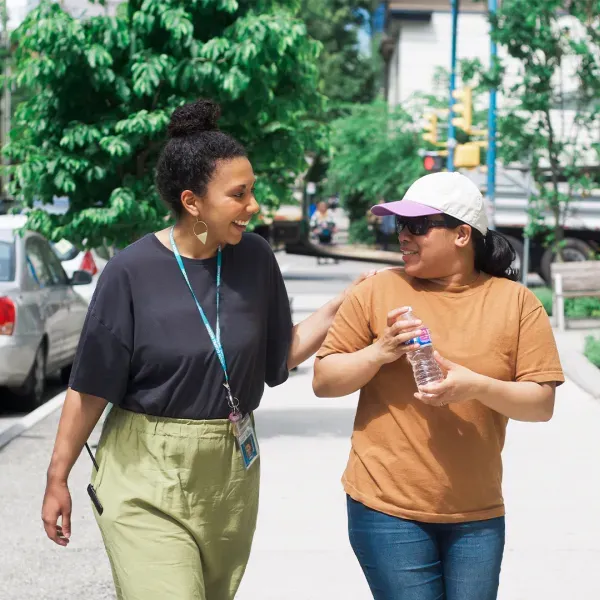
2022-2023 Fiscal Year in Review
Learn more about how your support is put into action — and how you’re making a tangible difference in the lives of your neighbours.


